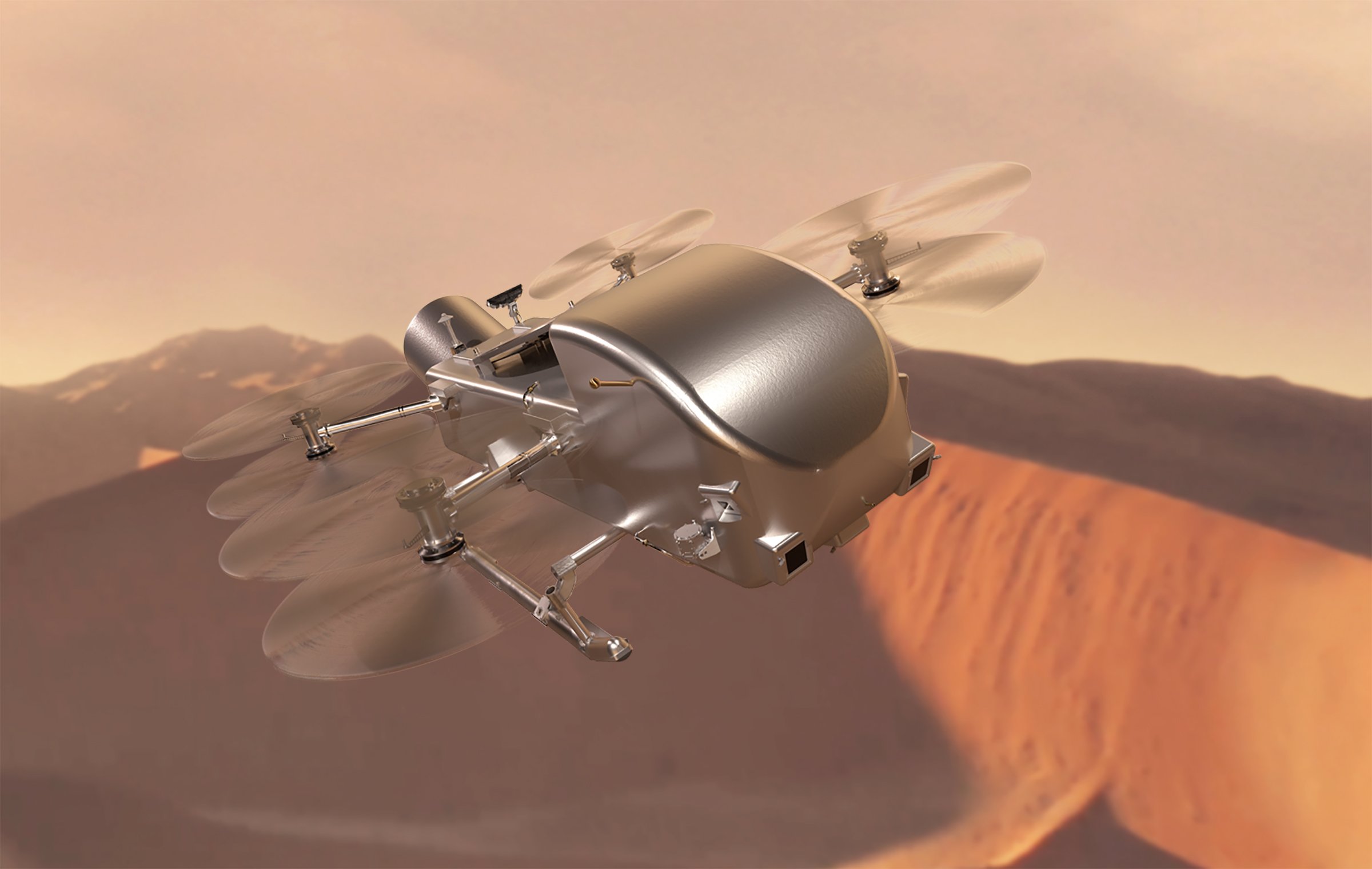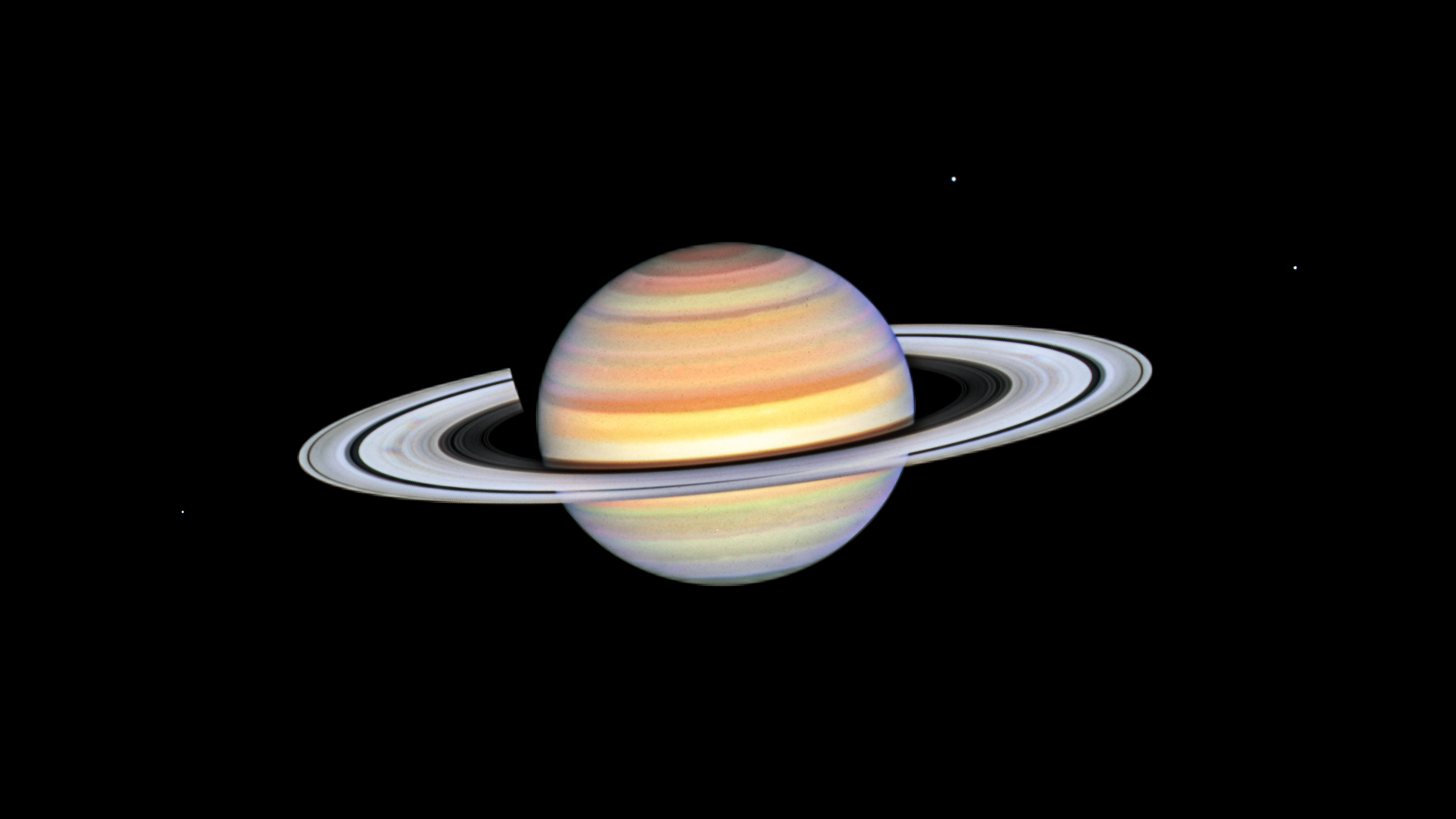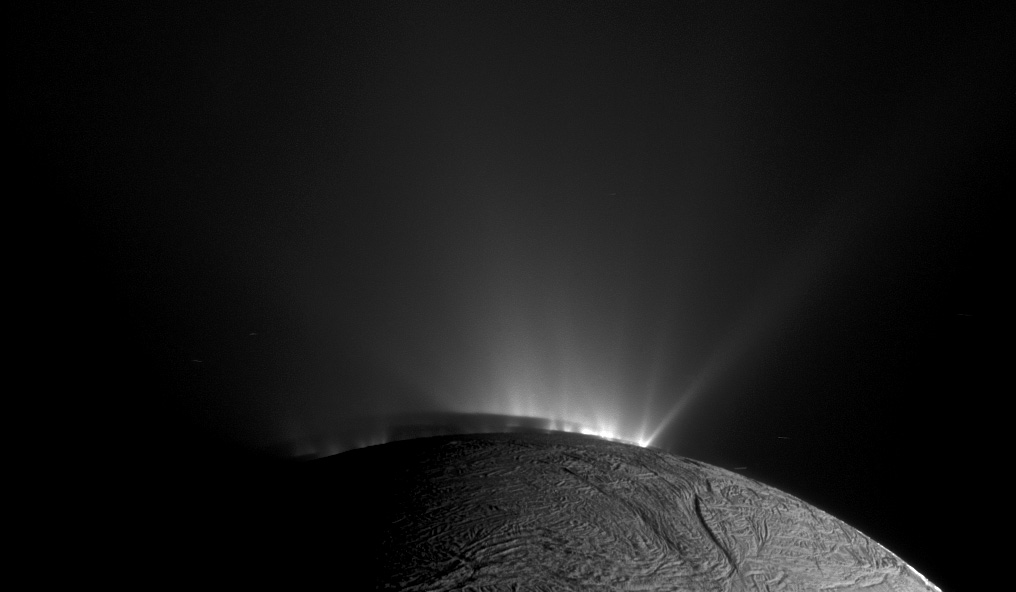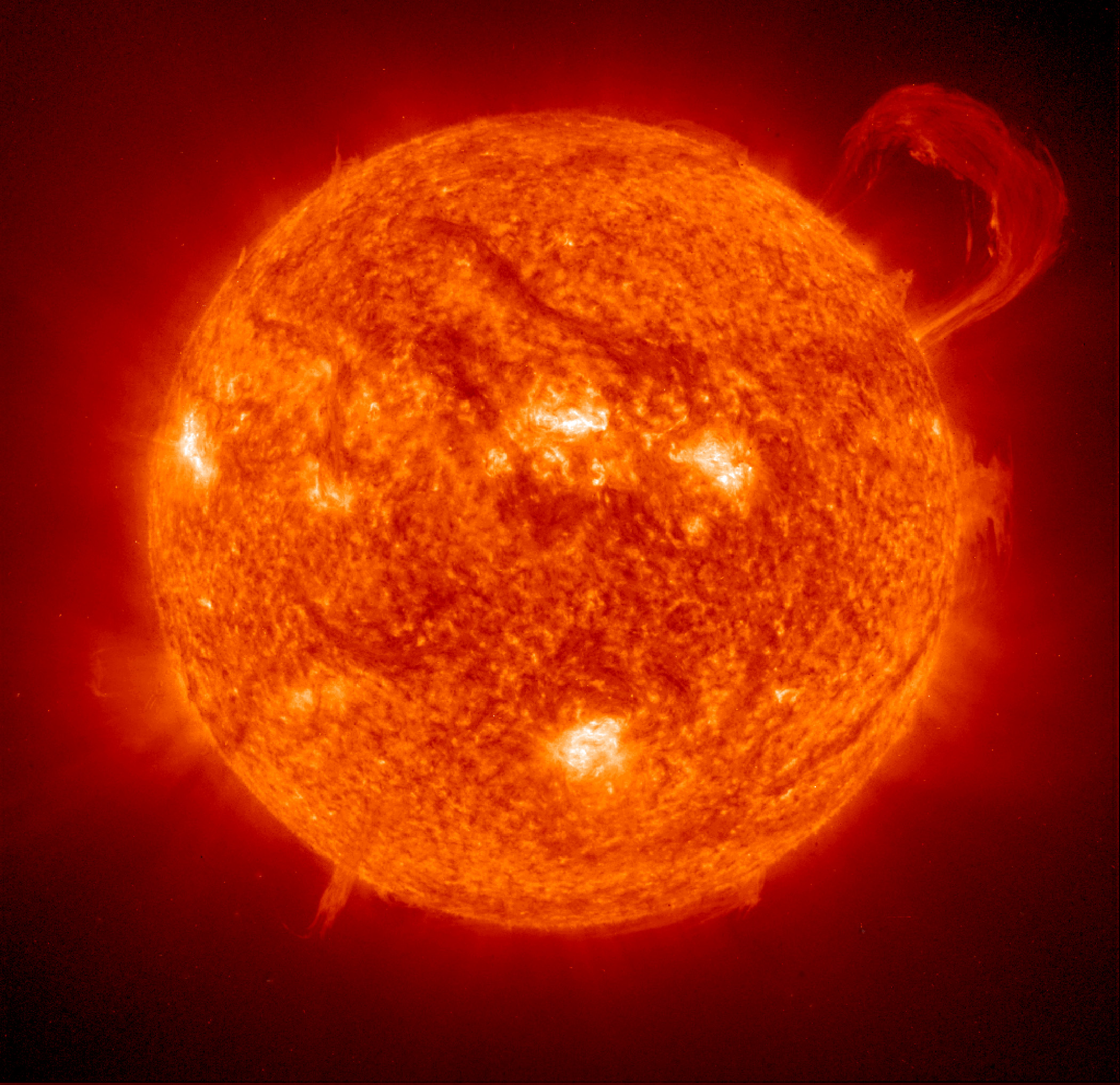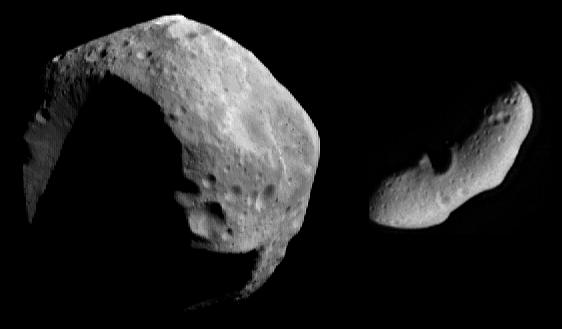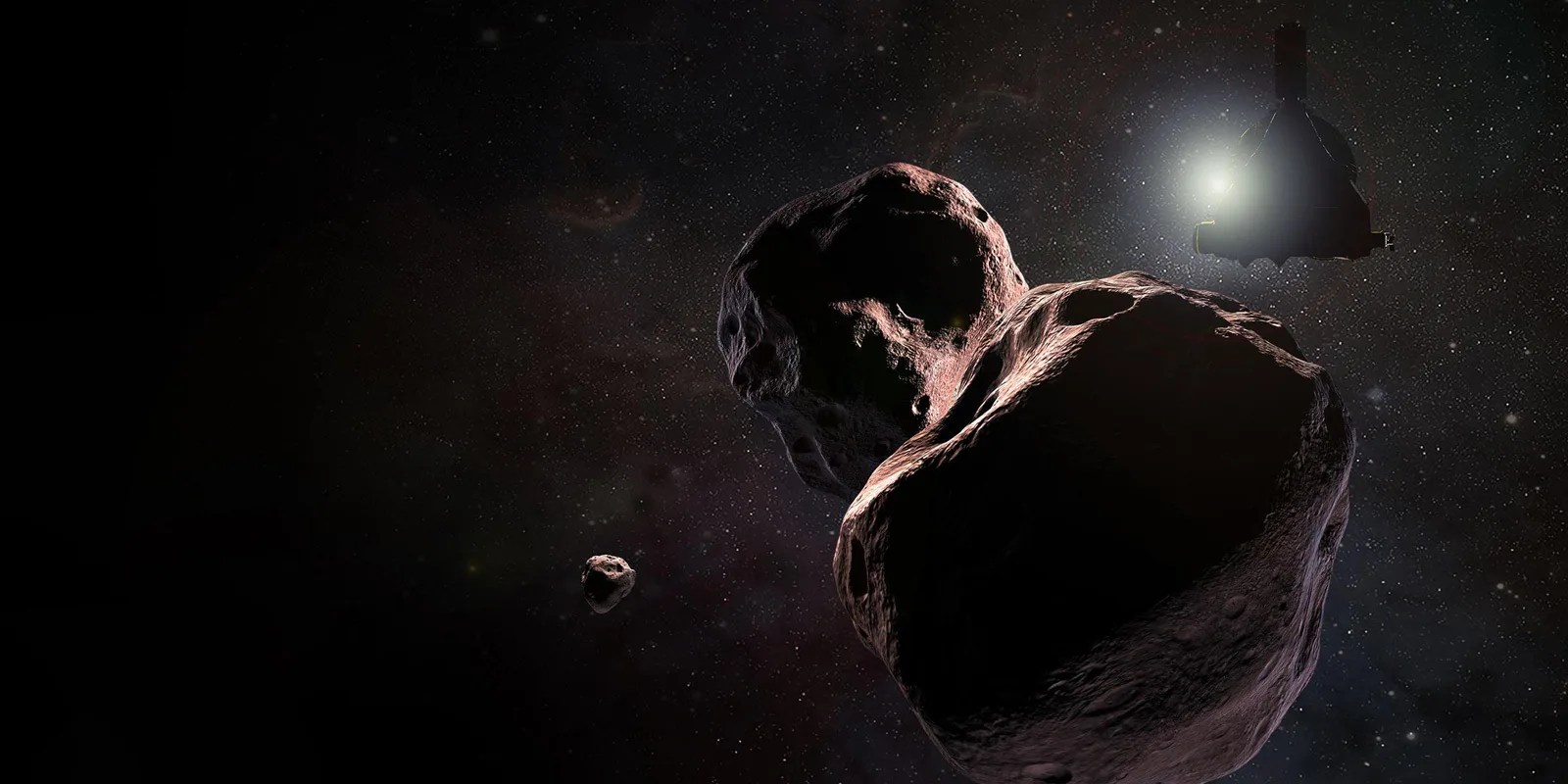3 min read
Cassini Significant Event Report
For Week Ending 06/14/02
The most recent spacecraft telemetry was acquired from the Goldstone tracking station on Wednesday, June 12. The Cassini spacecraft is in an excellent state of health and is operating normally. Information on the spacecraft's position and speed can be viewed on the "Present Position" web page.
On-board activities were light this week and will remain so as Cassini passes through solar conjunction. Events included a clearing of the High Water Marks and an autonomous CDS Solid State Recorder memory load partition repair.
As part of last week's Spica observations, 26 Narrow Angle Camera, and 2 Wide Angle Camera images were collected along with 41 Visual and Infrared Mapping Spectrometer cubes. Analysis of last week's Imaging Science Subsystem diagnostic imaging was inconclusive due to the small amount of cooling time before the images were taken, and to the loss of some data during transmission. Data in some filters looked slightly improved and some looked slightly worse. Data taken at -40C has more noise than -90C data. This complicates ongoing analysis and comparison activities. The Radio Science Subsystem Solar Conjunction Experiment is underway and will continue until early July. For the first three days there were technical difficulties at the Goldstone DSN complex resulting in loss of data. By Sunday operations were nominal and the experiment continued as planned.
The Spacecraft Operations Office delivered version 8.0.1 of the Kinematic Prediction Tool / Inertial Vector Propagator software. This is a maintenance delivery to be integrated into the Mission Sequence Subsystem software in support of Science Operations Plan development. Mission Support and Services Office personnel successfully installed the new software.
The Attitude Control Flight Software team delivered version A8.6.0. This is the "hard freeze" version. The only planned updates are parameter changes for the critical sequences. An Operational Readiness Review was held for Cassini's use of the new Command System. Approval was given to make the new Command System the default standard for all Cassini commanding starting with the beginning of the Solar Conjunction Experiment. The old Command System is still available for contingency commanding should there be a need to revert from the new system.
Cassini Outreach met with its kindergarten-4th grade partners to finalize plans and the long-term objectives in the K-4 language & reading program. This new program will be the cornerstone in Cassini's elementary education initiative. Mission Assurance and the implementers of the Cassini online Risk Management Tool discussed and agreed upon the several sets of automated metrics to be included in the tool. A schedule has been established that shows the additions completed by the end of the fiscal year. These metrics will be used to illustrate the Program's risk posture given intervals, and will be presented at Monthly and Quarterly Management Reviews. In addition to the metrics, several minor modifications were also agreed upon, to ensure consistency between the online tool and the Risk Management Plan.
Additional information about Cassini-Huygens is online at http://saturn.jpl.nasa.gov.
Cassini will begin orbiting Saturn on July 1, 2004, and release its piggybacked Huygens probe about six months later for descent through the thick atmosphere of the moon Titan. Cassini-Huygens is a cooperative mission of NASA, the European Space Agency and the Italian Space Agency. JPL, a division of the California Institute of Technology in Pasadena, manages the mission for NASA's Office of Space Science, Washington, D.C.
Media Relations Office
Jet Propulsion Laboratory
California Institute of
Technology
National Aeronautics and Space
Administration
Pasadena, Calif. 91109.
Telephone (818) 354-5011

